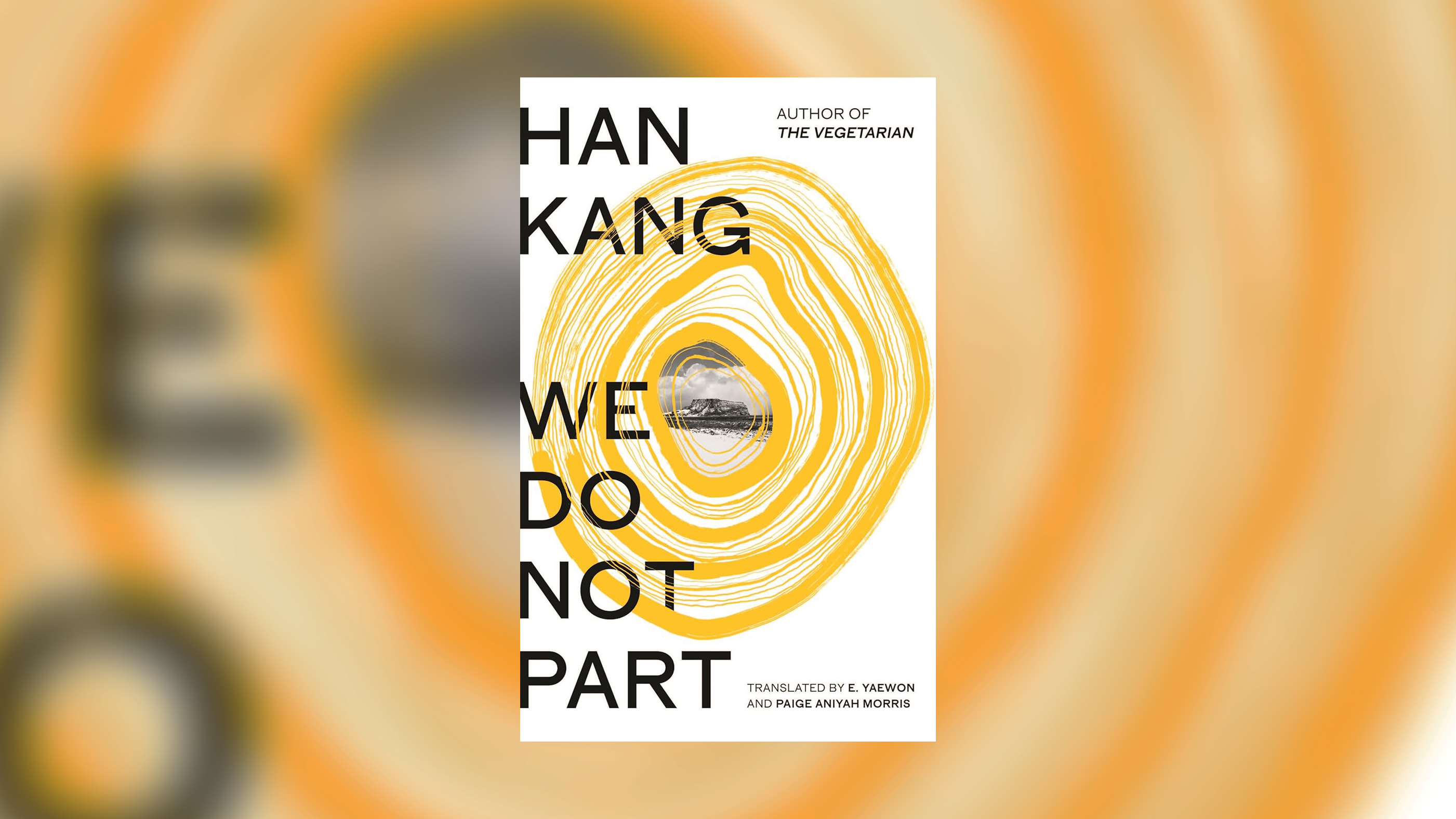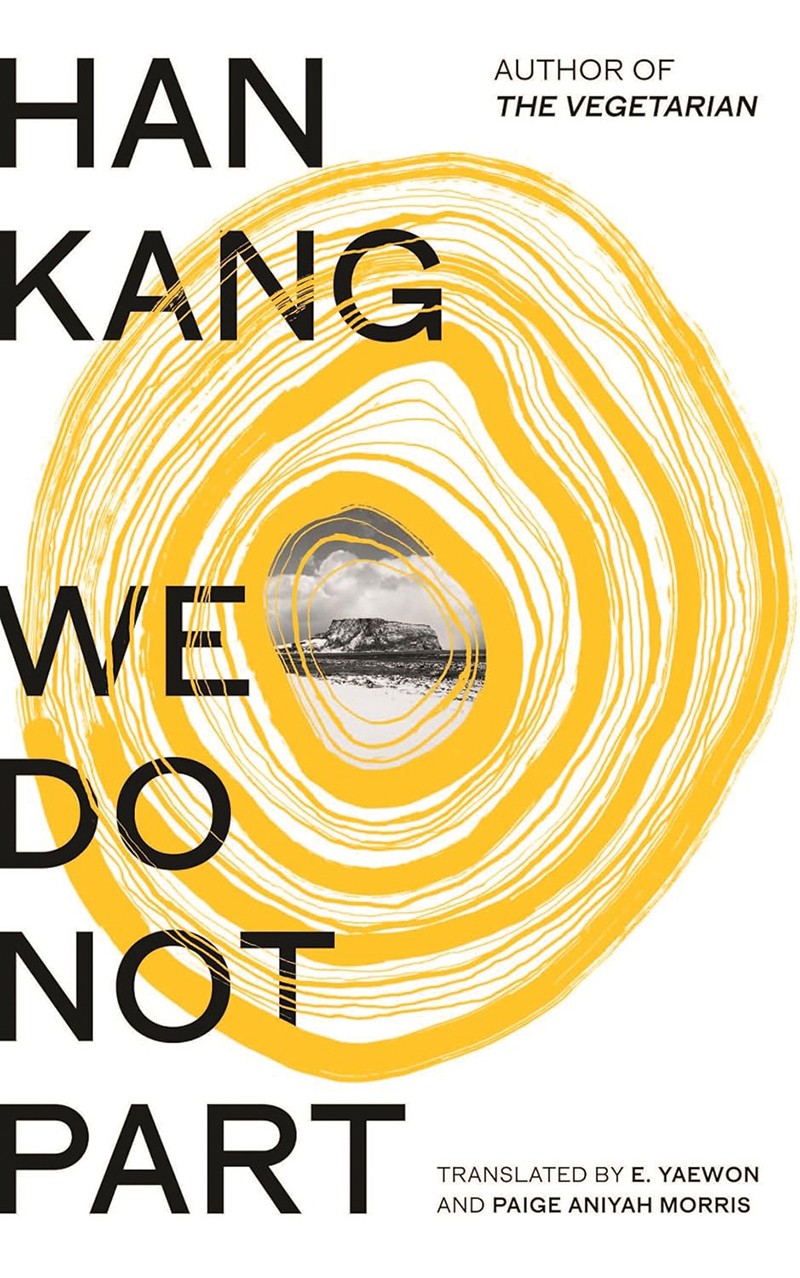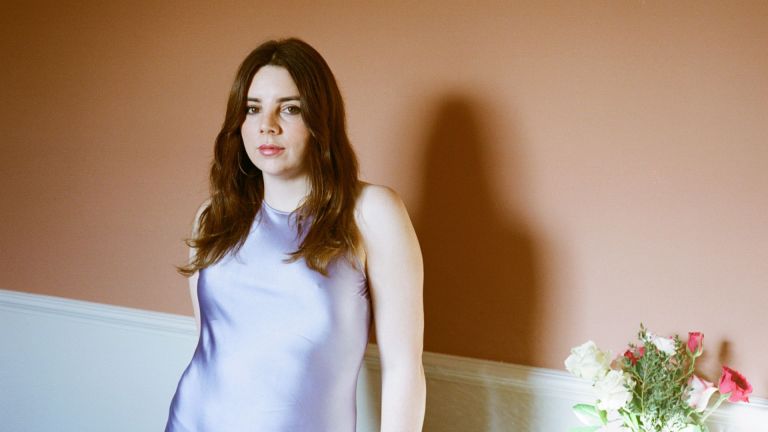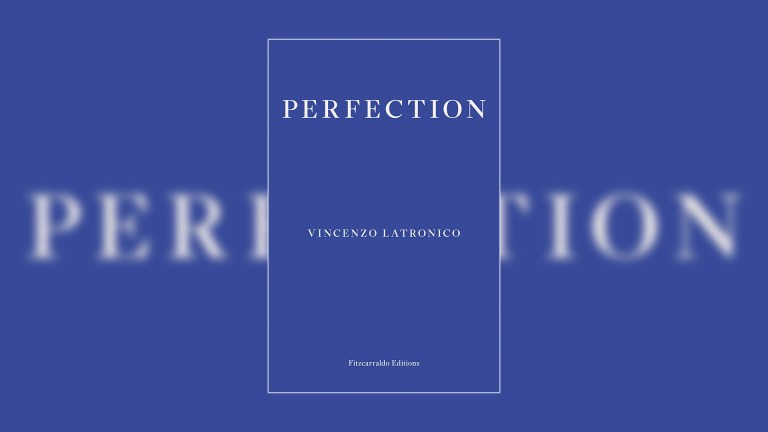South Korean writer Han Kang has seen her star soar since The Vegetarian, her first novel to be translated into English, won the International Booker Prize in 2016 (the first Korean book to be nominated). Lauded by her peers – Max Porter called her “a writer of extraordinary humanity”, Eimear McBride “one of the greatest living writers” – last year she was awarded the Nobel Prize for Literature.
Her latest novel We Do Not Part starts on a cold harsh December day. After months of a deep depression, during which she only sporadically ate or slept, Kyungha rouses herself and contends with a snowstorm to reach the remote forests of Korea’s Jeju Island. Her hospitalised friend Inseon has asked her to go there to feed Inseon’s beloved pet bird who will die without daily water.
Kyungha soon discovers, however, that she is house-sitting in a place filled with terrible memories of a family’s suffering. What she learns exposes an almost forgotten massacre in the island’s past and asks new questions about South Korea’s troubled history.
Get the latest news and insight into how the Big Issue magazine is made by signing up for the Inside Big Issue newsletter
“Life was exceedingly vulnerable, I realised,” thinks Kyungha. And there is an implication throughout the novel that, at any time, something crucial to Kyungha’s survival or sanity might snap. But it is not only the lives that Kyungha contemplates in the novel which are vulnerable; there is an eerie atmosphere which also creates something like snow blindness in the reader.
- Greek Lessons by Han Kang review – a luminous reflection on the difficulties of language
- The question I’d most like to ask Kim Yo-Jong, North Korea’s doyenne of despotism
We might be in a dream, we cannot always be sure. Kyungha herself is given to vivid nightmares and psychological distortions. As she trundles through blizzards we seem to be in a world of wonder, fear and perpetual transformation. This gives the novel a particular frisson and keeps us on our toes.










